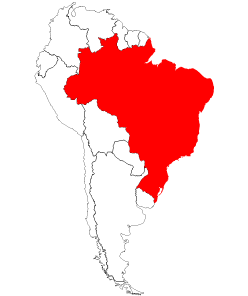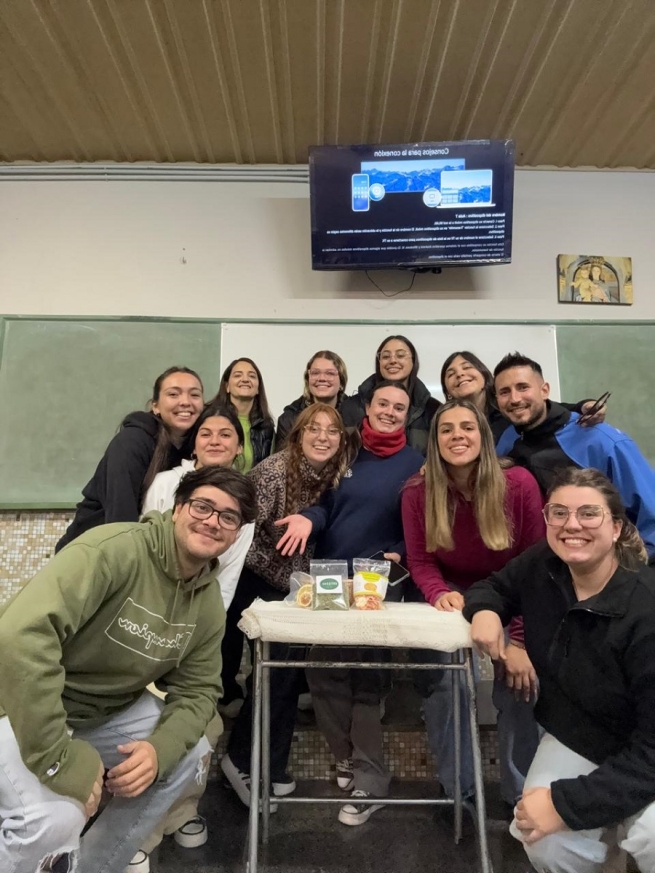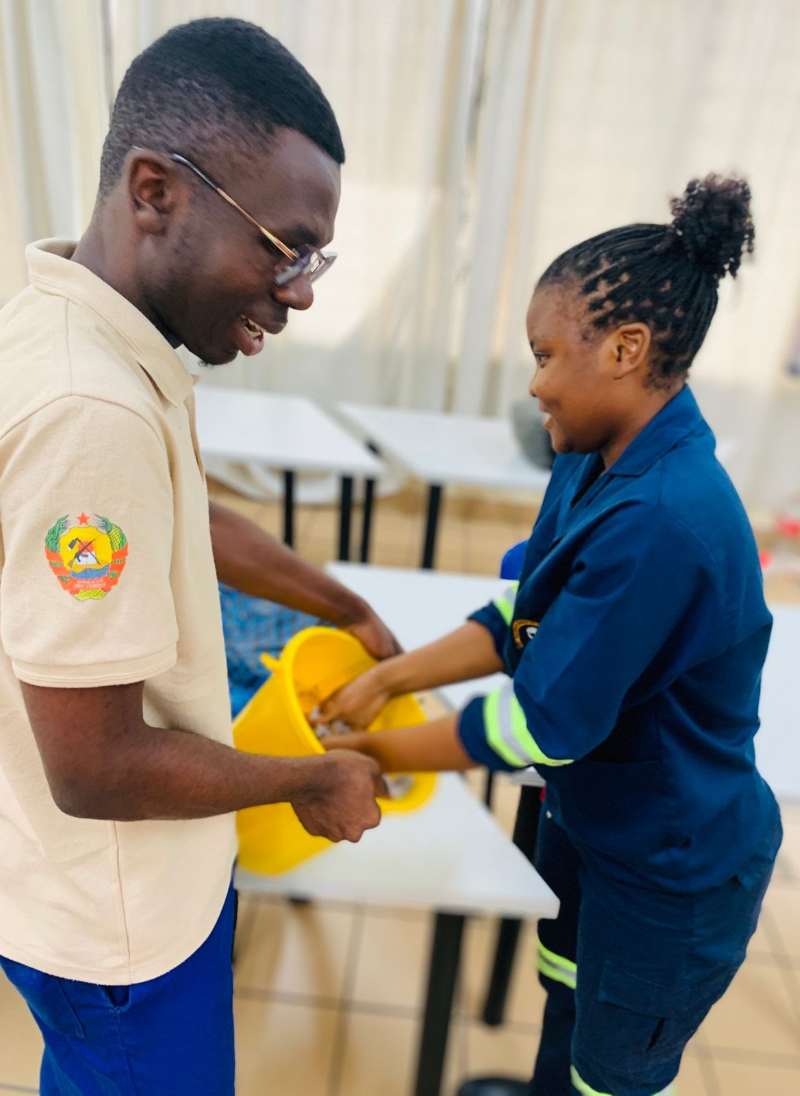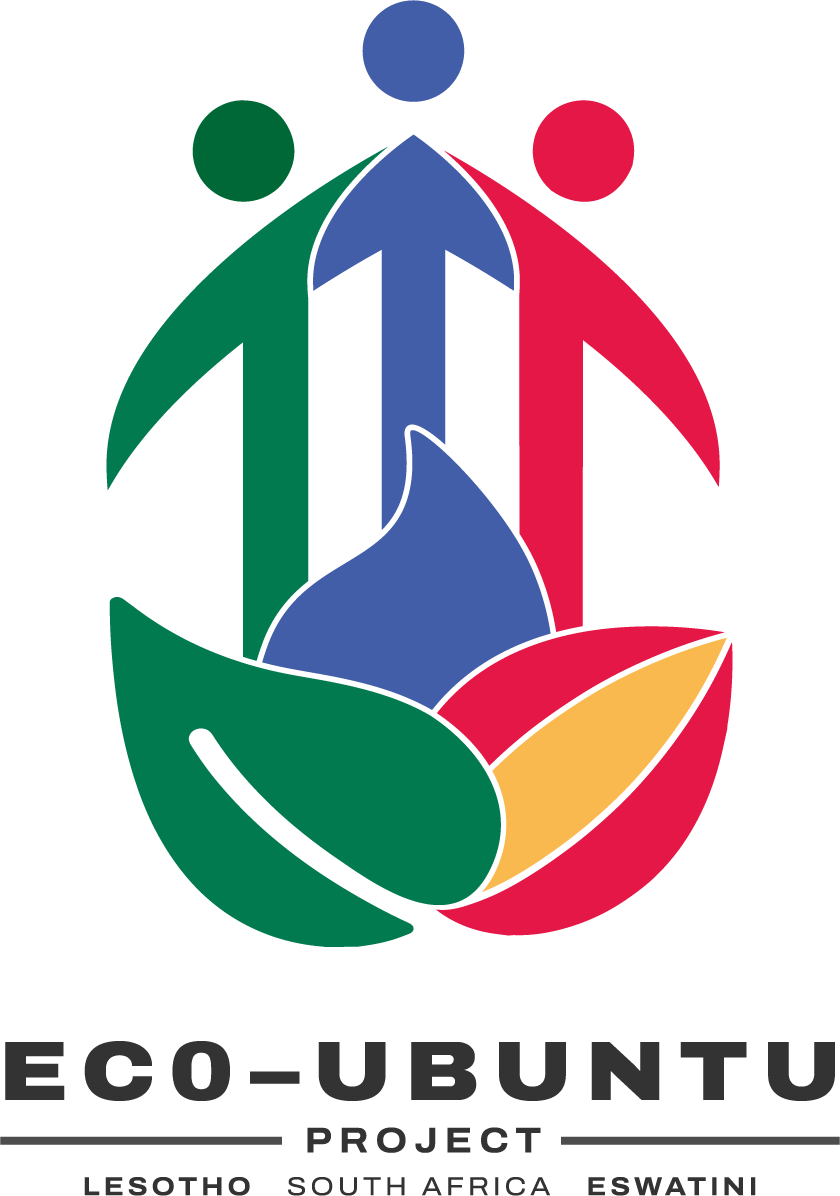BRAZIL: Indigenous autonomy strengthened
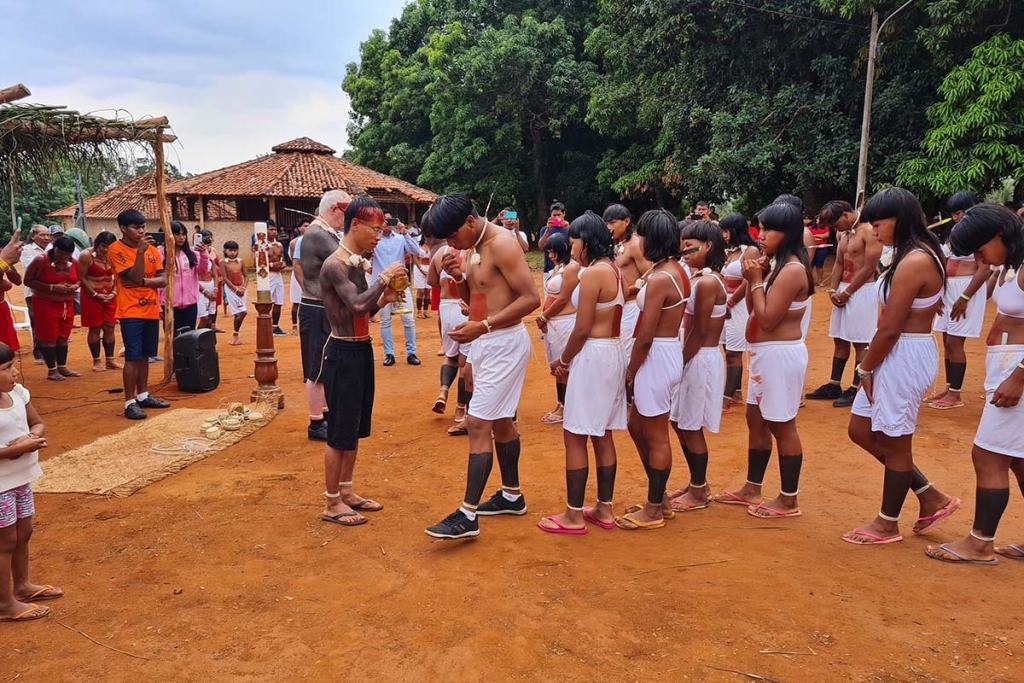
Project supports people in 10 Indigenous communities
(MissionNewswire) In the Brazilian state of Mato Grosso, there are 47 Indigenous groups with about 26,500 inhabitants, who often rely on the land to earn an income. They practice subsistence agriculture, hunting, fishing and handicrafts. Biodiversity is increasingly threatened by intensive crops, pesticides and the extraction of various natural resources by landowners, breeders and miners. All of this compromises access to critical resources such as food, health and education.
Salesians have been in Mato Grosso since the end of the 19th century. In 1972, when Brazil’s military dictatorship wanted to force assimilation of ethnic minorities. the Indigenous Missionary Council, an organization linked to the National Conference of Bishops, began working to provide rights awareness and promoting large assemblies to help guarantee the right to cultural diversity. Salesians have been active in the council since the beginning.
Since 2022, Salesians have been managing a project that contributes to strengthening the autonomy of Indigenous peoples and supports their rights to territory, identity, economic sustainability, education, health and their own forms of organization. The project activities are in adherence to the council’s guidelines.
The project benefits 80 leaders and 5,870 people belonging to 10 Indigenous communities settled in Mato Grosso, including the Bororo, Kayabi, Apiaká, Munduruku, Xavante, Chiquitano, Rikbaktsa, Nambikwara, Myky and Enawenê-Nawê.
A Salesian explained, “Through various training, awareness and appreciation activities, the project involves all members of the 10 communities, from village leaders to the community members. The initiative aims to improve participation and the exercise of rights for the Indigenous while strengthening the social and economic fabric of these communities for the conservation of their natural and cultural heritage.”
According to the World Bank, the COVID-19 pandemic has had a devastating impact on Brazil with poverty tripling in 2021. Nearly 17 million people fell into poverty in the first quarter of the year and the poverty rate now is higher than it was a decade ago. Researchers estimate that 12.8% of Brazil’s population, some 27 million people, are now living below the poverty line.
###
Sources:
ANS Photo (usage permissions and guidelines must be requested from ANS)
Salesian Missions – Brazil
World Bank – Brazil


